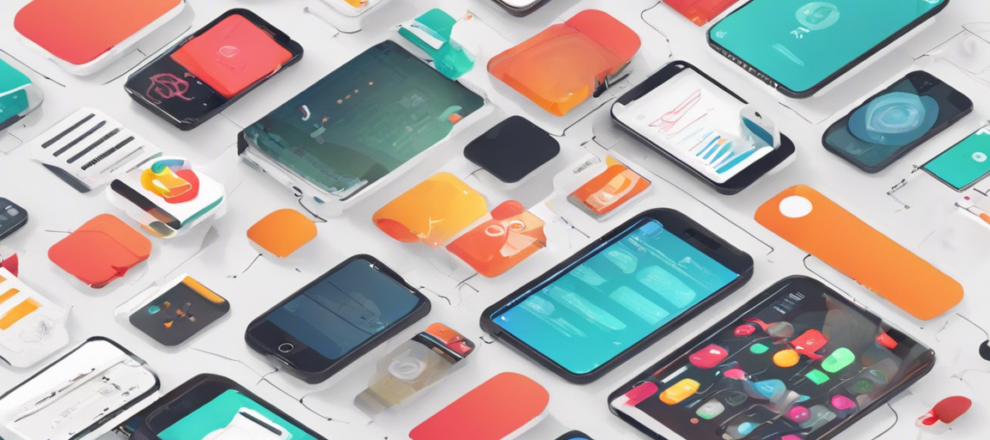Creating a mobile application can be a highly rewarding endeavor. Whether you are a seasoned developer or completely new to the world of app development, understanding the fundamentals and best practices of this process is crucial to success. In this comprehensive guide, we will cover everything you need to know to embark on your app development journey.
Understanding the Basics of App Development
When it comes to app development, there are two primary platforms to consider: iOS and Android. Understanding the differences between these platforms is essential as it will influence key decisions throughout the development process.
1. Selecting the Right Development Tools
Choosing the right tools for app development can significantly impact the efficiency and quality of the final product. Some popular platforms and languages include:
- Android:
- Java: Widely used for Android app development.
- Kotlin: The newer, preferred language for Android development.
-
Android Studio: The official IDE for Android app development.
-
iOS:
- Swift: Apple’s preferred language for iOS app development.
- Xcode: The official IDE for iOS app development.
2. Planning and Designing Your App
Before diving into actual development, it is crucial to have a clear plan and design in place. Consider the following aspects:
- Target Audience: Understand who will be using your app and tailor the design and functionality to meet their needs.
- User Experience (UX) Design: Create wireframes and prototypes to visualize the app’s layout and flow.
- User Interface (UI) Design: Design visually appealing interfaces that are easy to navigate.
3. Developing Your App
Once you have a solid plan and design, you can start building your app. Here are some key considerations during the development phase:
- Backend Development: Implement the necessary server-side logic to support your app’s functionality.
- Frontend Development: Bring your app to life by coding the user-facing elements.
- Testing: Thoroughly test your app for bugs and usability issues.
4. Testing and Deployment
Testing is a critical phase of app development to ensure a smooth user experience. Consider the following types of testing:
- Functionality Testing: Ensure all features work as intended.
- Compatibility Testing: Check for compatibility across various devices and operating systems.
- User Acceptance Testing (UAT): Gather feedback from actual users to make improvements.
5. Publishing Your App
Once your app is thoroughly tested and polished, it’s time to publish it to the respective app stores. Follow the guidelines provided by Apple App Store and Google Play Store to ensure a seamless submission process.
Frequently Asked Questions (FAQs)
1. Is app development only for experienced programmers?
App development can be undertaken by both beginners and experienced programmers. There are various tools and resources available to support developers at all skill levels.
2. How long does it take to develop an app?
The time required to develop an app can vary significantly based on the complexity of the project. Simple apps may take a few weeks, while more complex apps can take several months to develop.
3. What is the difference between native and hybrid app development?
Native app development involves creating apps for specific platforms (e.g., iOS or Android) using platform-specific languages. Hybrid app development utilizes web technologies (e.g., HTML, CSS, JavaScript) to create apps that can run on multiple platforms.
4. Do I need to learn different languages for iOS and Android development?
Yes, iOS development typically requires knowledge of Swift, while Android development uses Java or Kotlin. However, there are tools like React Native and Flutter that allow for cross-platform development using a single codebase.
5. How can I monetize my app?
There are several monetization strategies for apps, including in-app purchases, advertising, subscription models, and selling the app itself. Choose a strategy that aligns with your app’s goals and target audience.
In conclusion, app development is a multifaceted process that requires careful planning, design, development, testing, and deployment. By following best practices and staying informed about the latest trends and technologies, you can create successful and engaging mobile applications that resonate with users. Whether you are creating an app for personal use or launching a commercial product, the principles outlined in this guide will help you navigate the app development journey with confidence and proficiency.
